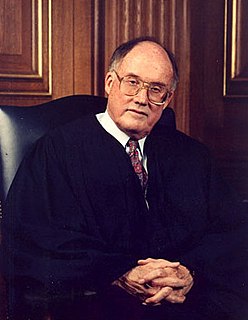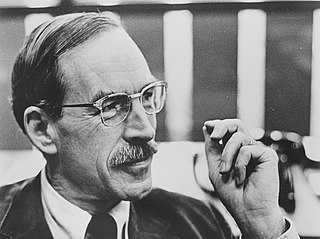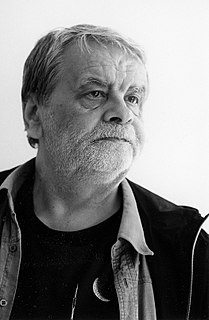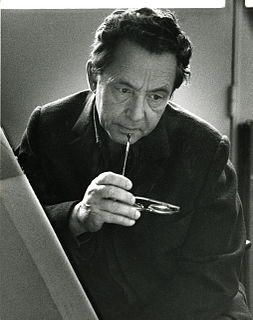A Quote by William Rehnquist
At the heart of the First Amendment is the recognition of the fundamental importance of the free flow of ideas and opinions on matters of public interest and concern. The freedom to speak one's mind is not only an aspect of individual liberty - and thus a good unto itself - but also is essential to the common quest for truth and the vitality of society as a whole. We have therefore been particularly vigilant to ensure that individual expressions of ideas remain free from governmentally imposed sanctions.
Quote Topics
Also
Amendment
Aspect
Been
Common
Concern
Ensure
Essential
Expressions
First
First Amendment
Flow
Free
Freedom
Fundamental
Good
Heart
Ideas
Importance
Imposed
Individual
Individual Expression
Individual Liberty
Interest
Itself
Liberty
Matters
Mind
Only
Opinions
Particularly
Public
Public Interest
Quest
Recognition
Remain
Sanctions
Society
Speak
Therefore
Thus
Truth
Unto
Vigilant
Vitality
Whole
Related Quotes
We must show that liberty is not merely one particular value but that it is the source and condition of most moral values. What a free society offers to the individual is much more than what he would be able to do if only he were free. We can therefore not fully appreciate the value of freedom until we know how a society of free men as a whole differs from one in which unfreedom prevails.
The democratic ideal springs from the ideas of liberty, equality, majority rule through free elections, protection of the rights of minorities, and freedom to subscribe to multiple loyalties in matters of religion, economics, and politics rather than to a total loyalty to the state. The spirit of democracy is the idea of importance and worth in the individual, and faith in the kind of world where the individual can achieve as much of his potential as possible.
The Library is an open sanctuary. It is devoted to individual intellectual inquiry and contemplation. Its function is to provide free access to ideas and information. It is a haven of privacy, a source of both cultural and intellectual sustenance for the individual reader. Since it is thus committed to free and open inquiry on a personal basis, the Library must remain open, with access to it always guaranteed.
The First Amendment guarantees liberty of human expression in order to preserve in our Nation what Mr. Justice Holmes called a "free trade in ideas." To that end, the Constitution protects more than just a man's freedom to say or write or publish what he wants. It secures as well the liberty of each man to decide for himself what he will read and to what he will listen. The Constitution guarantees, in short, a society of free choice.
It may be that a free society... carries in itself the forces of its own destruction, that once freedom has been achieved it is taken for granted and ceases to be valued, and that the free growth of ideas which is the essence of a free society will bring about the destruction of the foundations on which it depends.
But our society - unlike most in the world - presupposes that freedom and liberty are in a frame of reference that makes the individual, not government, the keeper of his tastes, beliefs, and ideas. That is the philosophy of the First Amendment; and it is this article of faith that sets us apart from most nations in the world.
Freedom is necessary for two reasons. It's necessary for the individual, because the individual, no matter how good the society is, every individual has hopes, fears, ambitions, creative urges, that transcend the purposes of his society. Therefore we have a long history of freedom, where people try to extricate themselves from tyranny for the sake of art, for the sake of science, for the sake of religion, for the sake of the conscience of the individual - this freedom is necessary for the individual.
At the heart of that western freedom and democracy is the belief that the individual man...is the touchstone of value, and all society, all groups, and states, exist for that person's benefit. Therefore the enlargement of liberty for individual human beings must be the supreme goal and the abiding practice of any western society.
[Kierkegaard] did not care for large public events because every crowd is in itself an untruth. The only way out is isolation, aloofness. Only the individual is a reality and only the individual is true. Maybe the process of isolation in an individual is one of the most important matters that exists. Is not the whole point of this world for people to separate and become individuals?
































